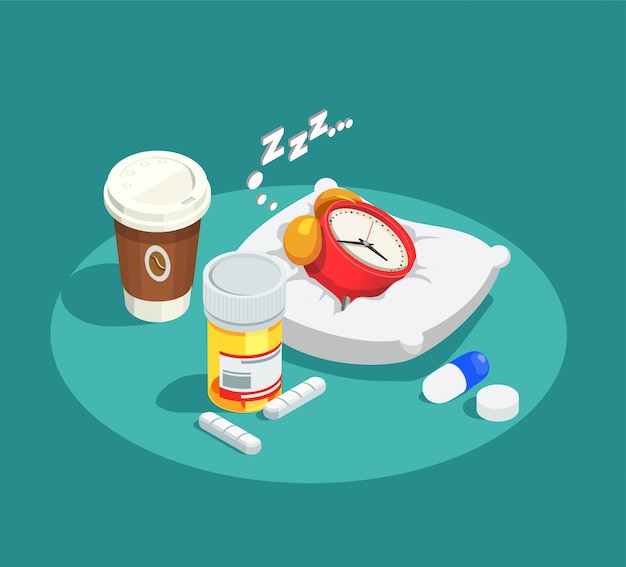If you're a weekend warrior—juggling a demanding job, family life, and fitness goals during limited free time—chronic stress might be silently undermining your health and performance. The good news? Research shows that even small, consistent actions can significantly reduce stress in just one week.
This evidence-based 7-day plan is designed specifically for people like you: time-crunched, highly motivated, and ready to reclaim mental clarity and physical resilience. Each day includes actionable steps, backed by science, and clear progress checks to keep you on track.
Stress triggers the sympathetic nervous system, increasing heart rate and cortisol. Deep, diaphragmatic breathing activates the parasympathetic system, promoting relaxation.
Action Step: Practice box breathing—inhale for 4 seconds, hold for 4, exhale for 4, hold for 4. Repeat for 5 minutes, twice daily.
Progress Check: Rate your morning and evening stress on a scale of 1–10. Look for a drop by day’s end.

Exercise is a proven stress reliever. Physical activity increases endorphins and reduces cortisol and adrenaline.
Action Step: Engage in 30 minutes of moderate activity—brisk walking, cycling, or bodyweight exercises. Focus on rhythm and breath, not intensity.
Progress Check: Note changes in mood and energy. Did movement ease mental tension?
Mental clutter fuels anxiety. Journaling helps organize thoughts and improves emotional regulation.
Action Step: Spend 10 minutes writing down worries, tasks, and gratitudes. Use the 'brain dump' method—no filter, no structure.
Progress Check: Did journaling make your thoughts feel more manageable? Rate mental clarity before and after.

Exposure to natural environments reduces cortisol, lowers heart rate, and improves mood. This is known as 'forest bathing' or shinrin-yoku in Japanese practice.
Action Step: Spend at least 20 minutes outdoors—walk in a park, sit by water, or tend to plants. Leave your phone behind if possible.
Progress Check: Reflect: Did you feel calmer? Was your focus sharper afterward?
Poor sleep amplifies stress, while quality rest enhances emotional resilience. The brain processes stress during deep sleep cycles.
Action Step: Create a wind-down routine: dim lights, avoid screens 1 hour before bed, and maintain a consistent sleep schedule—even on weekends.
Progress Check: Track sleep duration and quality. Did you fall asleep faster? Wake up more refreshed?
Mindfulness reduces activity in the amygdala, the brain’s fear center. Even brief practices can improve emotional regulation.
Action Step: Perform three 2-minute mindfulness sessions: focus solely on your breath, sensations in your hands, or sounds around you. Anchor attention to the present.
Progress Check: Notice if you’re more aware of stress triggers during the day. Did reactions feel less intense?

Reflection solidifies learning and helps identify what works best for you.
Action Step: Review your daily progress checks. Which strategies reduced stress most? Plan to integrate at least two into your weekly routine.
Progress Check: Compare your Day 1 and Day 7 stress levels. Celebrate small wins—they build long-term resilience.
Studies from Harvard Medical School and the American Psychological Association confirm that combining behavioral, physical, and cognitive strategies produces faster, more lasting stress reduction than isolated tactics.
For weekend warriors, consistency matters more than duration. Just 5–10 minutes of intentional practice daily can rewire stress responses over time.
Stress isn’t something to eliminate completely—it’s a natural response. But chronic, unmanaged stress harms health. This 7-day plan equips you with practical, research-backed tools to regain control.
Start small. Track progress. Build habits. Your future self will thank you.

Wellness

Wellness

Wellness

Wellness

Wellness

Wellness

Health

Health

Wellness

Health

Fitness

Wellness

Health

Fitness

Health

Health